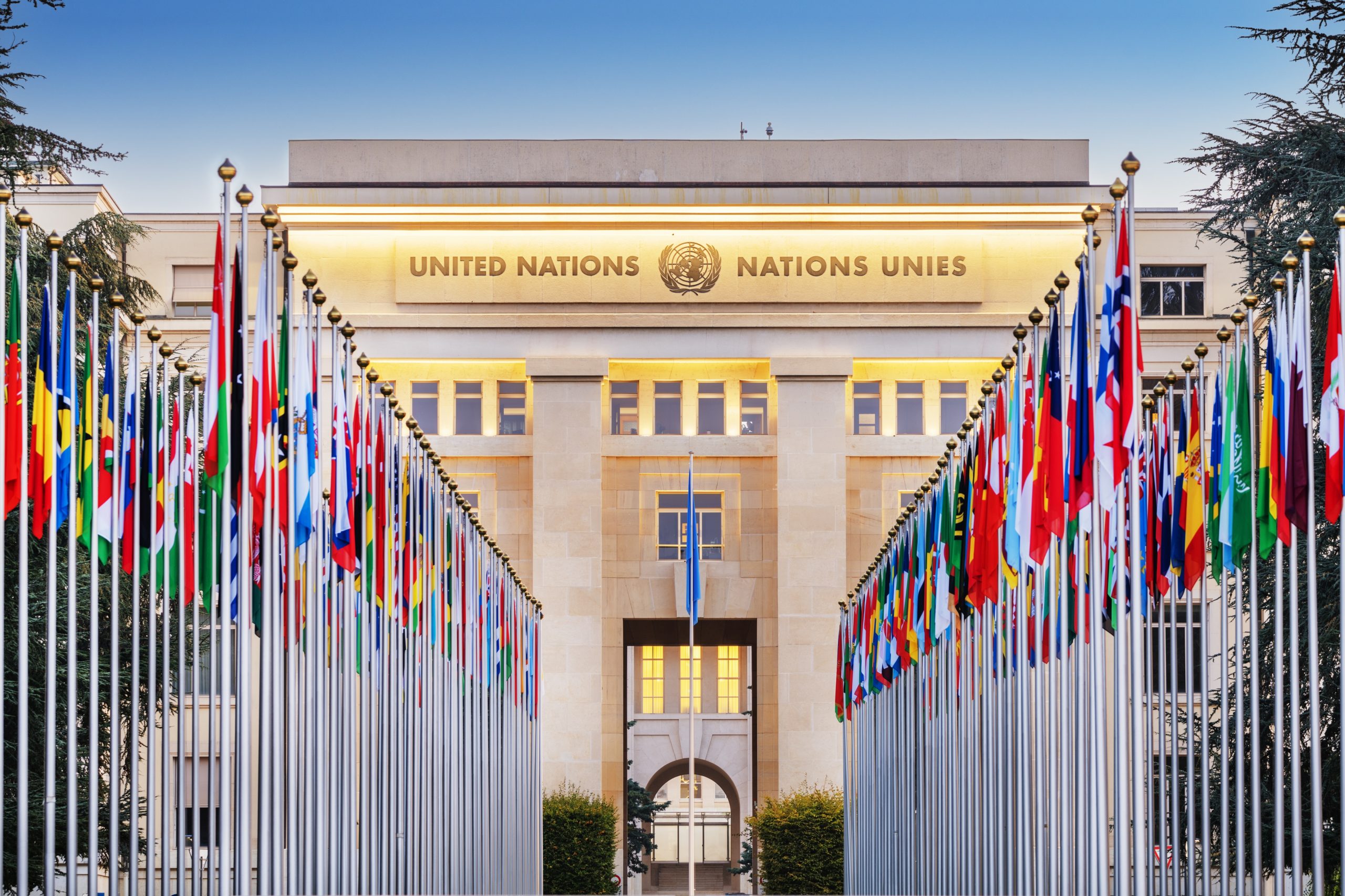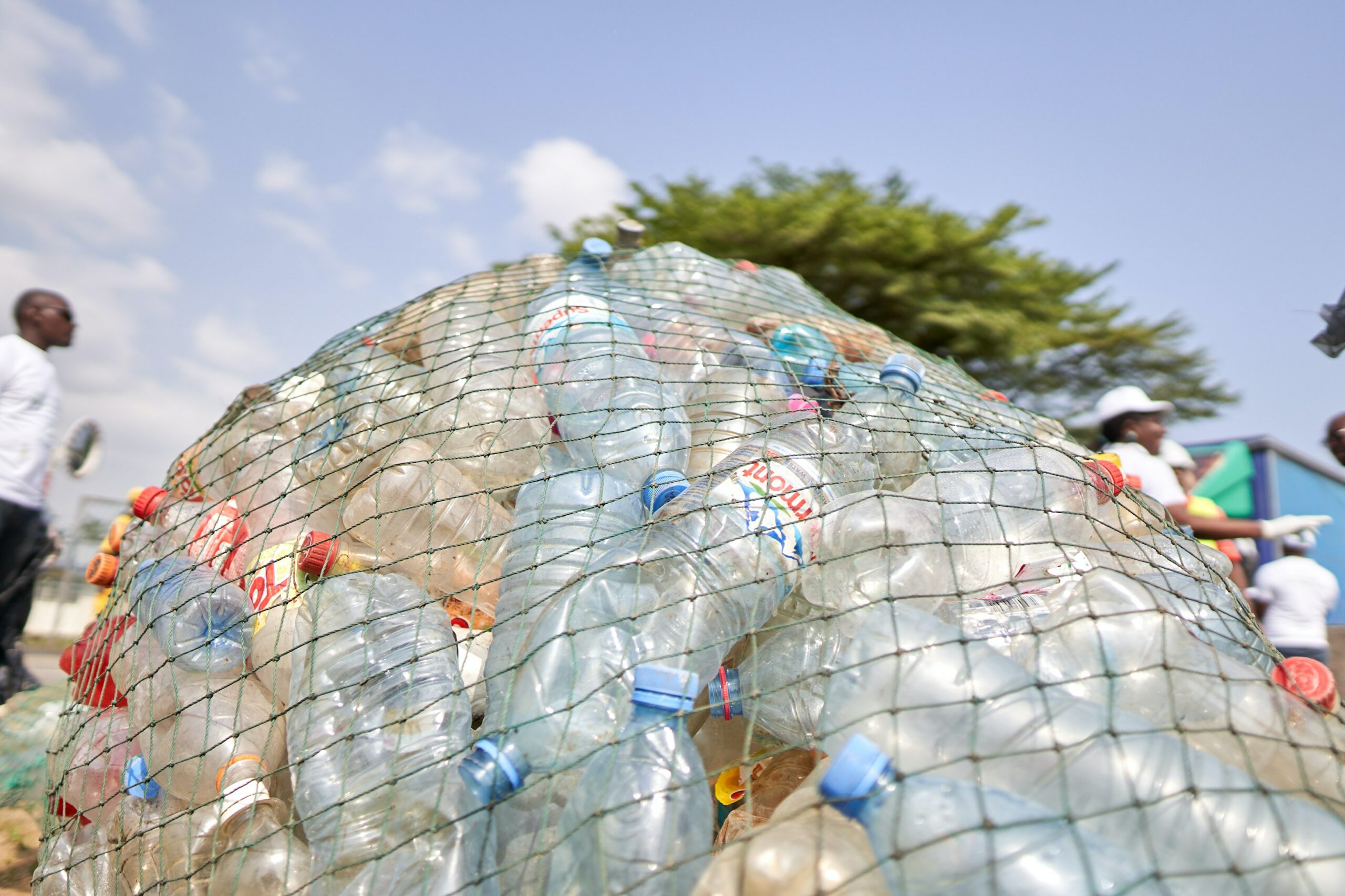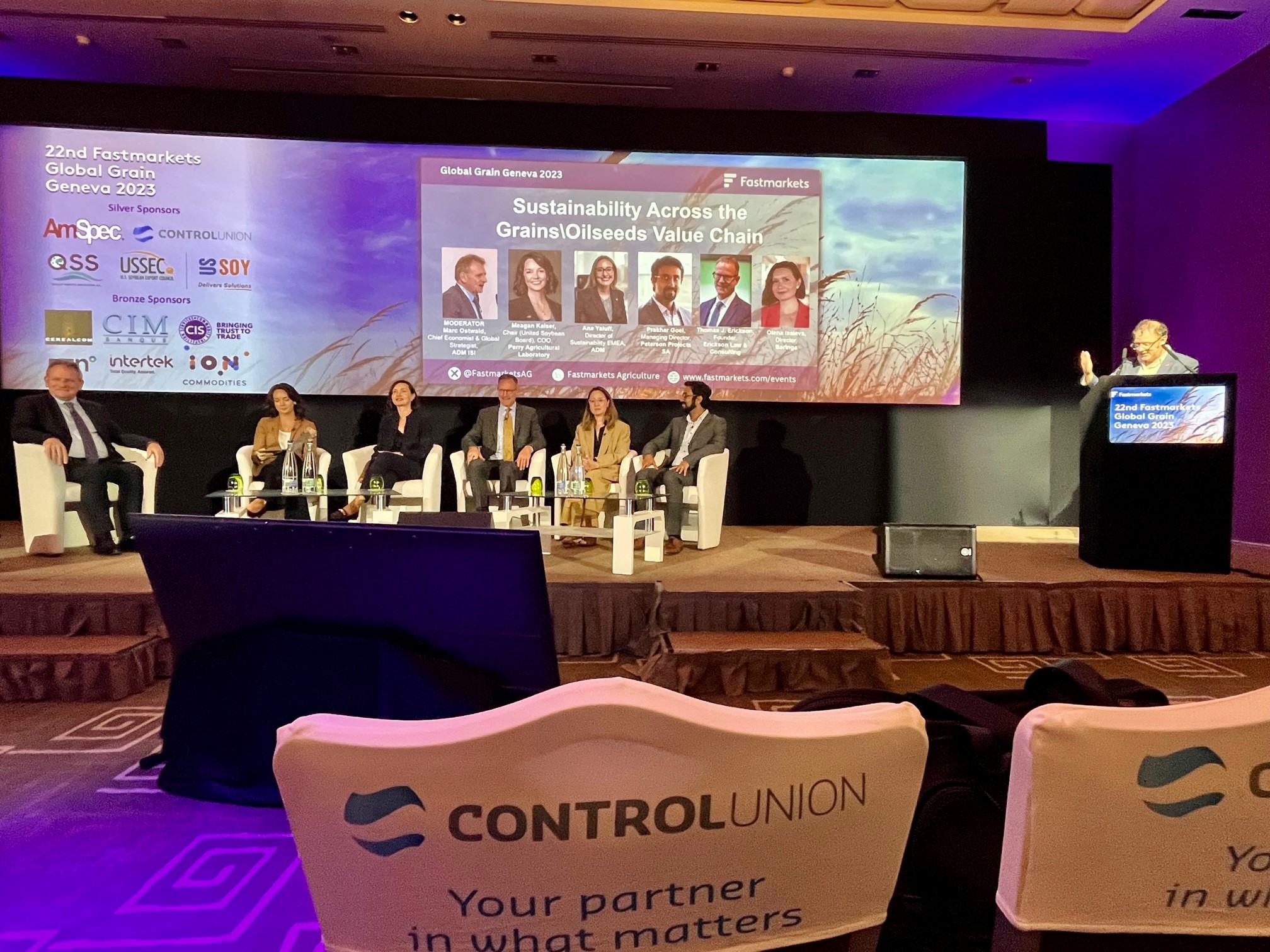The Intergovernmental Negotiating Committee on Plastic Pollution (INC5.2) in focus

The Intergovernmental Negotiating Committee on Plastic Pollution (INC5.2) is currently taking place in Geneva, Switzerland – the second part of the fifth session of the UN’s Intergovernmental Negotiating Committee on plastic pollution. It’s the largest intergovernmental event on plastics, and it will set the scene for plastic collection, production of virgin plastics and recycling efforts.
Given the importance of the event we would like to share with you some of the highlights.
The focus of the event:
- INC-5.2 is underway in Geneva from August 5 to 14, 2025, with the aim of finalizing a legally binding global treaty to tackle plastic pollution across its full lifecycle—from design and production to disposal.
- The previous round in Busan (INC-5 in November–December 2024) didn’t achieve a global agreement, but produced a “Chair’s Text” which now forms the basis for the resumed negotiations.
Highlights so far
- On Day 1 (August 5), the session opened with calls for inclusion of cigarette filters in the list of plastics to be phased out—highlighting their pervasive pollution and lack of health benefits.
- On Day 2 (August 6), the World Health Organization (WHO) emphasized that health protection must be central to the treaty and explicitly urged a ban on cigarette filters. This move aligns with advocacy by civil society coalitions including ASH (Action on Smoking and Health).
- On Day 3 (August 7), there were several contact groups of which Group 1 focused on plastic product design and Group 2 on plastic waste management. Key discussions were around whether plastic product design should be mandatory or voluntary and the inclusion of waste pickers, local governments and indigenous knowledge in implementation of waste management.
- On Day 4 (August 8), public awareness, education and research were highlighted. It was advocated that human rights and Indigenous Peoples rights are included in the preamble and principle sections.
- On Day 5 (August 9), the delegates from the nations reviewed the assembled text and provided their key positions. The small island developing states emphasized addressing legacy pollution beyond the national jurisdiction including a strong finance mechanism
- On Day 6 (August 11), the formal meetings resumed after the weekend pause with various contact groups on product design, waste management, finance, preamble, etc.) Highlights include are concern over the slow progress and inclusion of key articles like Article 3, 5, 6, 11 and 20. The INC Chair Luis Vayas called on the contact groups to continue working towards forwarding text to the Open-ended legal Drafting Group.
Broader momentum and stakeholder perspectives
- A coalition of nearly 100 nations—including the EU, Canada, Australia, and many Global South countries—are advocating for provisions that would reduce virgin plastic production to sustainable levels. In contrast, countries tied to fossil fuel and petrochemical industries (such as Saudi Arabia, Russia, Iran, and the US) are pushing for a more limited focus on recycling and voluntary measures.
- Unilever, co-chairing the Business Coalition for a Global Plastics Treaty, sees INC-5.2 as perhaps the final opportunity to secure a meaningful agreement, stressing the need for harmonized packaging rules to create economic, environmental, and social benefits.
Summary
| Focus Area | Developments at INC-5.2 |
| Treaty Scope & Ambition | Live negotiations to finalize comprehensive plastics treaty |
| Health & Public Interest | WHO calls for health-first approach; push to ban cigarette filters |
| Production vs Recycling | Divided views—majority support production reduction vs. fossil-linked nations pushing recycling focus |
| Business Involvement | Strong private sector engagement advocating for stronger, harmonized regulation. There is a concern about the amount of lobbyist being present at the event compared to civil society and governments. |
Independent third-party certification schemes can support businesses in addressing regulatory requirements on plastic pollution, while also advancing their sustainability goals.
Specific certification programs offered by Control Union include RecyClass – Recycled Plastics Certification, Plastic Waste Reduction Program – Plastic Project Validation and Verification, Ocean Bound Plastic certification, PPRS – Plastic Pollution Reduction Standard, Plastic Free Certification, Community Waste Program (CWP), Operation Clean Sweep and Flustix Less Plastics certifications.

How can we help you?
Are you looking for a certain service, certification program or do you wish to be supported by someone in your own language and/or country? Let us know. We are glad to be of help.
